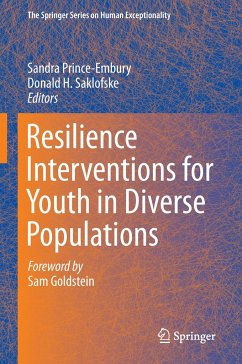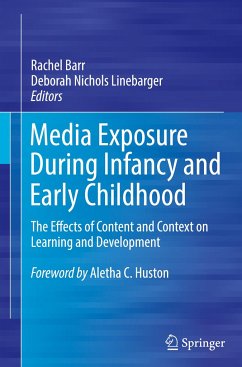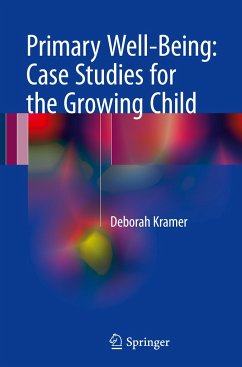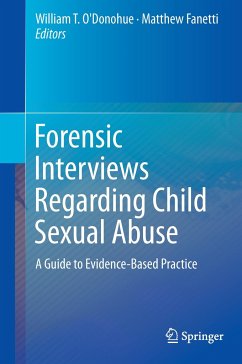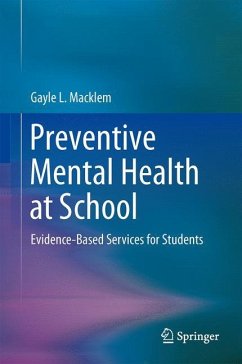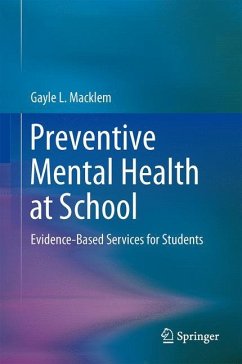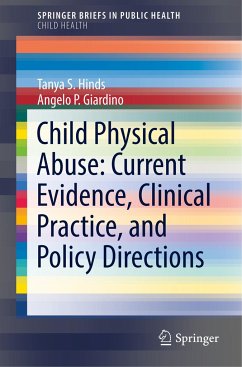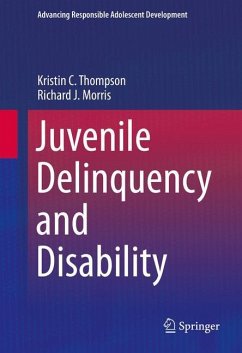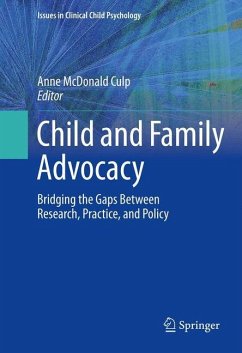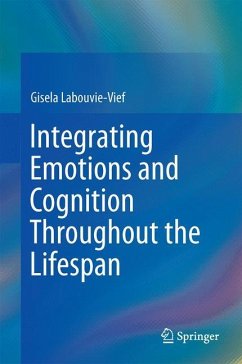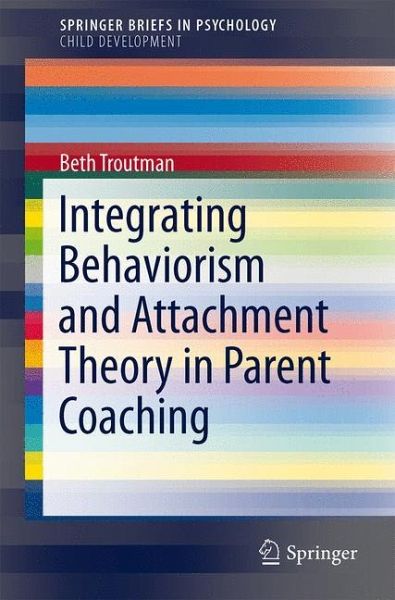
Integrating Behaviorism and Attachment Theory in Parent Coaching

PAYBACK Punkte
27 °P sammeln!
This practical guide provides a robust positive-parenting framework for professionals coaching parents of infants, toddlers, and primary school children. The first half of the book explains behaviorist and attachment theories of parenting, comparing, contrasting, and synthesizing them into an effective, research-informed approach to practice. The second half shows these guidelines in action, using play therapy as a means to improve disruptive child behaviors, correct harsh parenting practices, and address root causes of adversarial parent-child relationships. Throughout these chapters, vivid c...
This practical guide provides a robust positive-parenting framework for professionals coaching parents of infants, toddlers, and primary school children. The first half of the book explains behaviorist and attachment theories of parenting, comparing, contrasting, and synthesizing them into an effective, research-informed approach to practice. The second half shows these guidelines in action, using play therapy as a means to improve disruptive child behaviors, correct harsh parenting practices, and address root causes of adversarial parent-child relationships. Throughout these chapters, vivid composite cases demonstrate not only common parent-child impasses but also therapist empathy, flexibility, and self-awareness.
This innovative text:
Makes a rigorous case for a combined behavioral/attachment approach to parent coaching.Reviews current data on behavioral and attachment-based parenting interventions.Details the use of an attachment-informed approach to providing behavioral interventions such as Parent-Child Interaction Therapy and Helping the Noncompliant Child.Illustrates how parent coaching can be tailored to match different patterns of attachment.Includes tools for evaluating coaching sessions.
Integrating Behaviorism and Attachment Theory in Parent Coaching is an essential guide for professionals, graduate students, and researchers in clinical, child and school psychology, social work, pediatrics, mental health counseling, and nursing.
This innovative text:
Makes a rigorous case for a combined behavioral/attachment approach to parent coaching.Reviews current data on behavioral and attachment-based parenting interventions.Details the use of an attachment-informed approach to providing behavioral interventions such as Parent-Child Interaction Therapy and Helping the Noncompliant Child.Illustrates how parent coaching can be tailored to match different patterns of attachment.Includes tools for evaluating coaching sessions.
Integrating Behaviorism and Attachment Theory in Parent Coaching is an essential guide for professionals, graduate students, and researchers in clinical, child and school psychology, social work, pediatrics, mental health counseling, and nursing.





